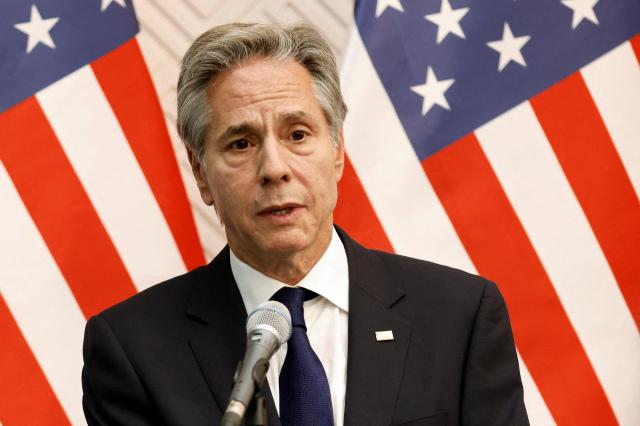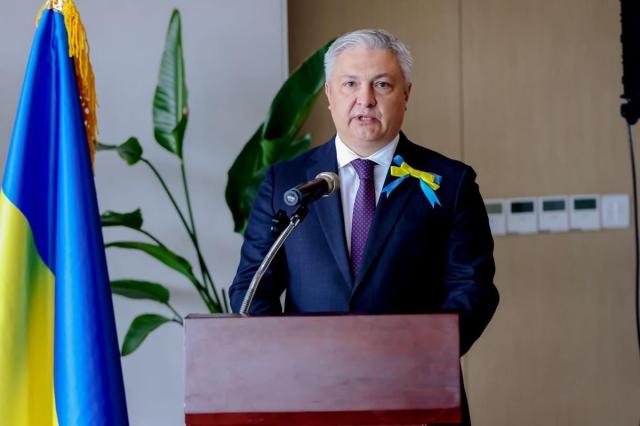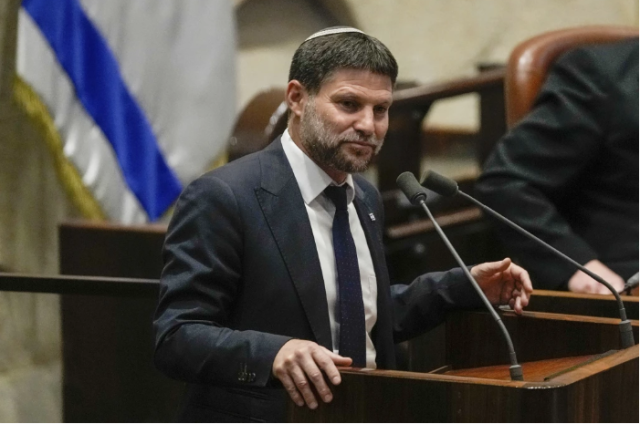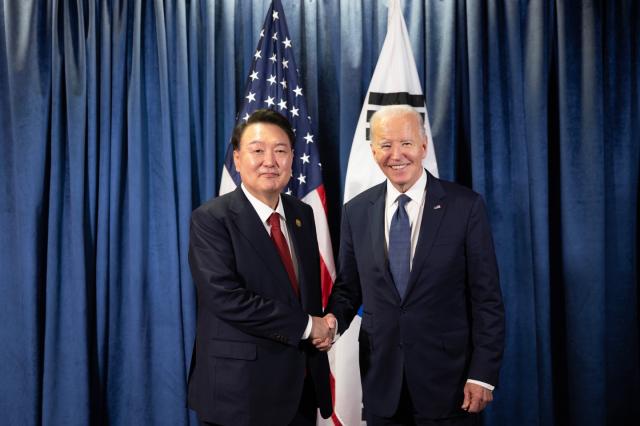
Blinken stated that the U.S. is deeply involved in "intense diplomacy, almost nonstop," to help de-escalate the situation. "All parties need to avoid escalation," he emphasized during a signing event with the Australian Foreign Minister in Washington. He added, "Everyone must take steps to reduce tensions. Escalation will only lead to more conflict, more violence, and greater insecurity."
Last week, Hamas leader Ismail Haniyeh was assassinated in Tehran, sparking threats of retaliation against Israel and increasing fears that the conflict in Gaza could spread across the Middle East. Iran has accused Israel of the killing and vowed to "punish" them, although Israel has not officially claimed responsibility. Iran supports Hamas, which is currently in conflict with Israel in Gaza, as well as Hezbollah, whose senior military leader, Fuad Shukr, was recently killed in an Israeli airstrike in Beirut.
President Joe Biden and Vice President Kamala Harris were briefed by their national security team on the situation in the Middle East, particularly focusing on the threats from Iran and its allies to Israel and U.S. forces, according to the White House. They were also informed about an attack on Iraq's al Asad airbase on Monday and discussed the U.S. response.
During the briefing, Biden and Harris were told that it is still unclear when or if Iran and Hezbollah will attack Israel, or what form such an attack might take, according to a U.S. official. The rocket strike wounded at least five U.S. personnel, though it is unclear if this attack is directly linked to Iran's threats of retaliation for Haniyeh's killing. The U.S. has stated that it was not involved in the assassination.
Biden and Harris were also updated on U.S. efforts to support Israel militarily if needed and on ongoing diplomatic efforts to reduce regional tensions, secure a ceasefire, and negotiate the release of hostages in Gaza.
Earlier on Monday, Blinken spoke with Qatari Prime Minister Sheikh Mohammed bin Abdulrahman Al Thani and Egyptian Foreign Minister Badr Abdelatty. State Department spokesperson Matthew Miller said one of the key points in these discussions was urging these countries to send a clear message to Iran that escalating the conflict or launching another attack on Israel is not in their interest.
Miller, speaking during a press briefing, did not confirm whether these messages had been conveyed to Iran or through which channels they might be delivered. "I would expect that some of these countries would pass that message along and emphasize this point to the Iranian government," he added.
Blinken also called for an end to the cycle of violence and urged all parties to agree to a ceasefire in Gaza, despite the recent assassination of Haniyeh, who had been a significant figure in the negotiations between Israel and Hamas. "Ultimately, it's about all parties finding ways to reach an agreement, rather than looking for reasons to delay or reject peace efforts," Blinken said. "It's crucial that all parties make the right decisions in the coming hours and days."
Copyright ⓒ Aju Press All rights reserved.



